The world has ended. Who is left? Why? How? In some cases, the world has ended due to war and its destruction of everything we know. Buildings are worn down; the environment people grew up on no longer exists. In other examples, a corrupt government took power and transformed the world into something far worse than it was. For some shows, an apocalypse killed nearly the entire population, leaving only some left to rebuild society.
No matter if it comes from books, television shows, or films, several tropes appear in many versions of a dystopian future. However, while some make the story better and improve it, and others only bring it down.
10 Best: Coming Of Age Story
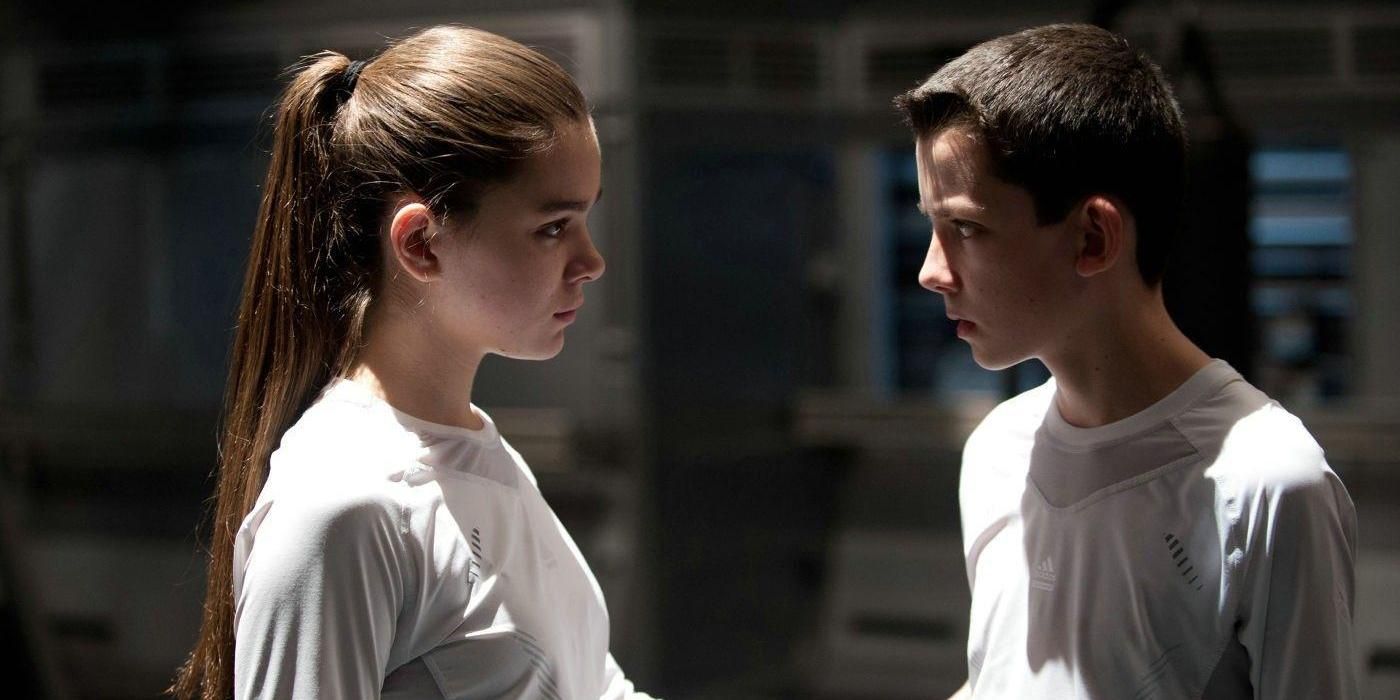
Since several dystopian future stories focus on a teenager as their central character, plenty of versions include the main character going through a coming of age story. Going from just another citizen to being relied upon for a revolution is a massive change. They have to learn how to take on responsibility. Understanding that their childhood, if they had a real one at all, is over as they stand up to fight is a vital part of several novels, films, or television shows that portray a dystopian future.
9 Worst: Chosen One
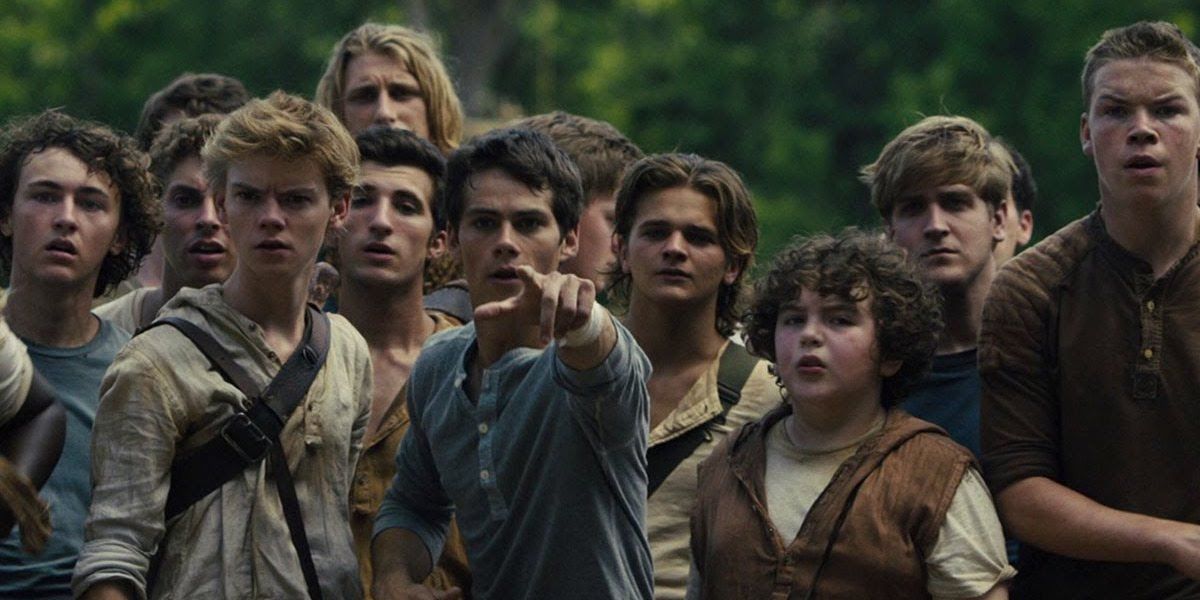
Such a trope is well-known in the Harry Potter franchise. Harry was destined to defeat Voldemort. Dystopian series have a version of that as well. Often, they are reliant on someone; sometimes it seems the only person capable of successfully defeating the antagonist.
In "The Maze Runner," Thomas could count as the Chosen One character. Thomas's blood showed he was the best candidate to study for the cure to the Flare. In a way, all the children who had been in the maze are chosen ones. Scientists had used them because they were most likely to be immune to the virus.
8 Best: Revolution
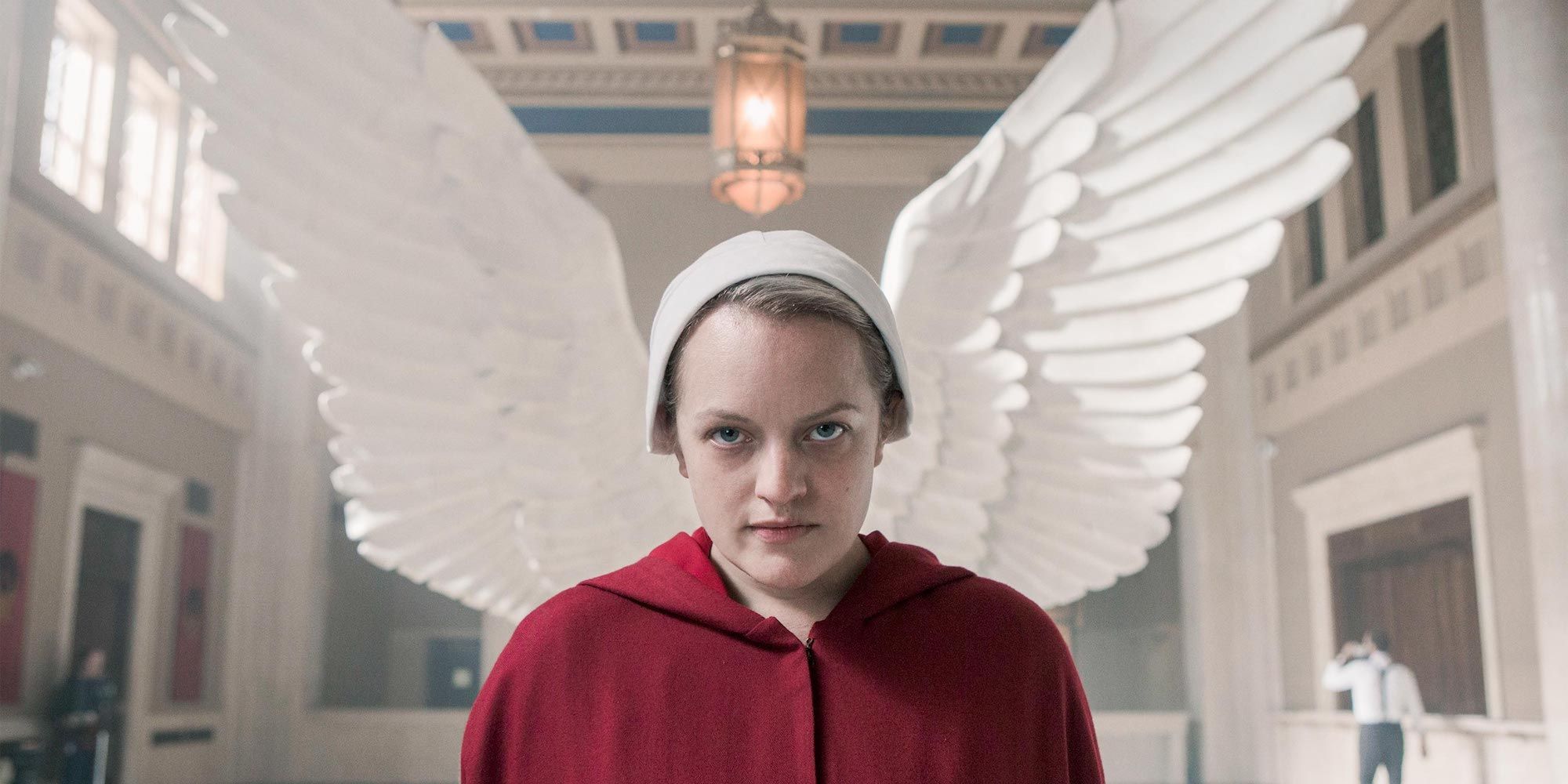
When there is a corrupt government, those who are oppressed will rise. Governments often reign in a way that citizens can see several problems with the way people are treated. "The Hunger Games" and "Divergent" are just two of the dystopian future series that includes a revolution against the government. In many series, people will know that their way of life is wrong and will band together to take a stand and make it known that they will no longer stand for the government's actions. The women of The Handmaid's Tale also take strides of rebellion against their misogynist government.
7 Worst: Dead Parent(s)

A passed parent seems to be a justification to join rebellions as a way make their parents proud, or avenge them. However, sometimes that blind hatred and desire to avenge their late parents take away from the character's innate drive and want to do what is right. Occasionally, while the main character's parents may be active at the beginning of the story, they are killed during the events of the series.
6 Best: Survival
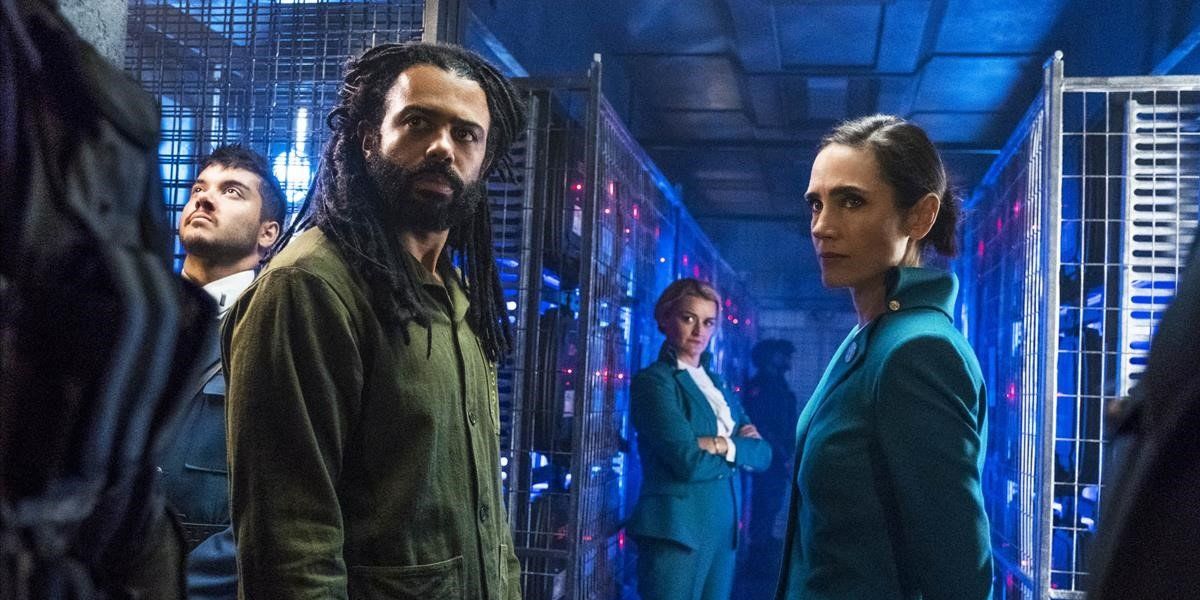
They are the last of the human race...they think. In cases like the television show, Snowpiercer, they are reasonably sure that they are the last remaining people on the planet. After the freeze, it was far too cold for anyone to survive on the Earth's surface, so it made sense that the only people left would be riding Snowpiercer. But, the season one finale proves them wrong as another Wilford train pulls up behind Snowpiercer, proving that there had been more survivors than the main characters had believed.
The 100 has had several groups of people believing that they were all that remained of the human race only to be proved wrong. Humanity always survives somehow in various forms. Each of these shows asks several questions about what people are willing to do to survive.
5 Worst: Love Triangle
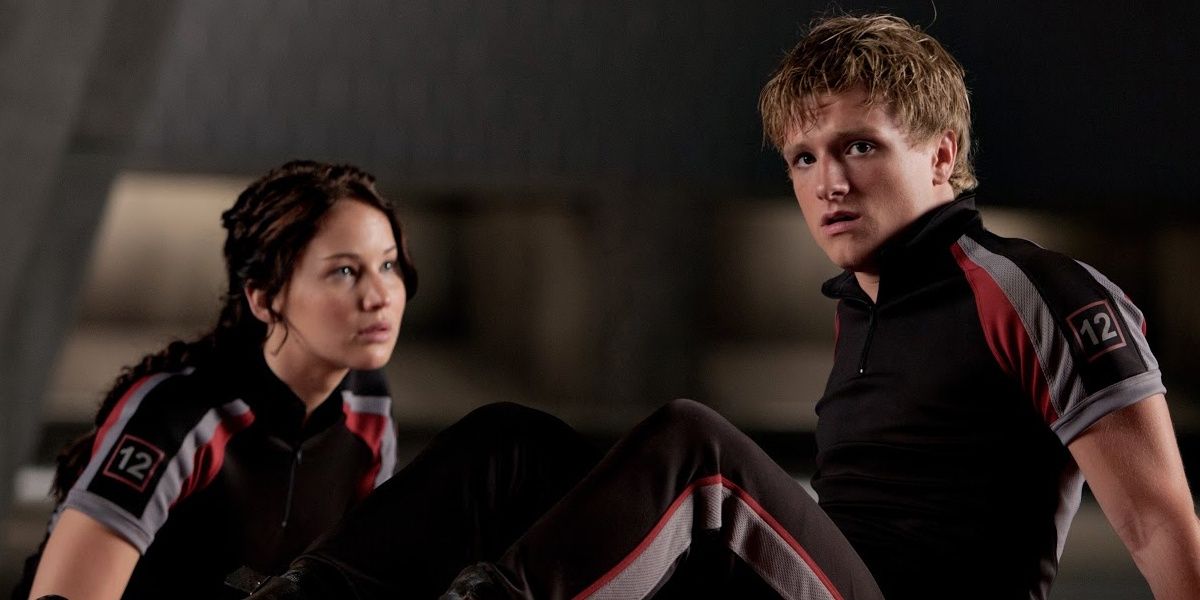
The love triangle steals the focus from the world around it. Far too often, the love triangle is an unnecessary addition to an already complicated storyline. While some franchises use it to have the two characters symbolize more than a romantic choice, it is also a sentimental decision. "The Hunger Games" makes it clear that the audience is far more invested in Katniss and Peeta's romance than anything else. When the films premiered, the advertisement focused more on the love triangle between Katniss, Peeta, and Gale than the horrifying events the series was actually about.
4 Best: Different Types Of Living
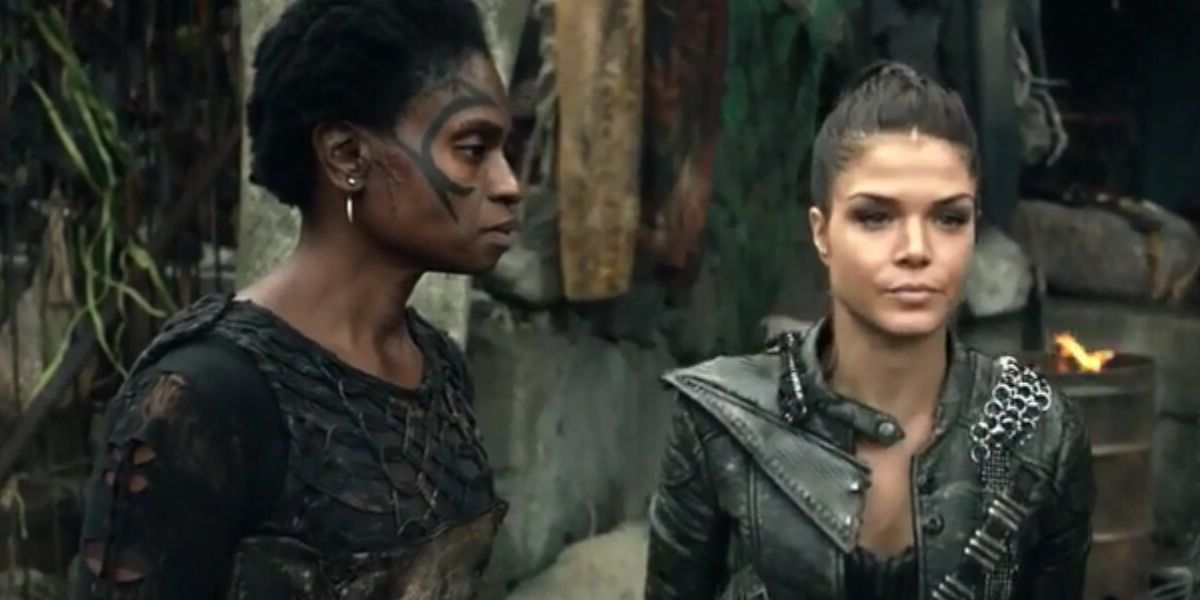
When the protagonist leaves home, they are introduced to another world of ways they had never envisioned. In The 100, that aspect is highlighted immediately. As soon as the hundred touches the ground, they are met with the harsh conditions of the Grounder society. Those who survived the first nuclear apocalypse had developed into a world of warriors. They spoke a different language and had another way of life than the Ark. By infusing the two worlds, the viewers were continually learning about how things opposed and how the clans learned to work together.
3 Worst: Betrayals
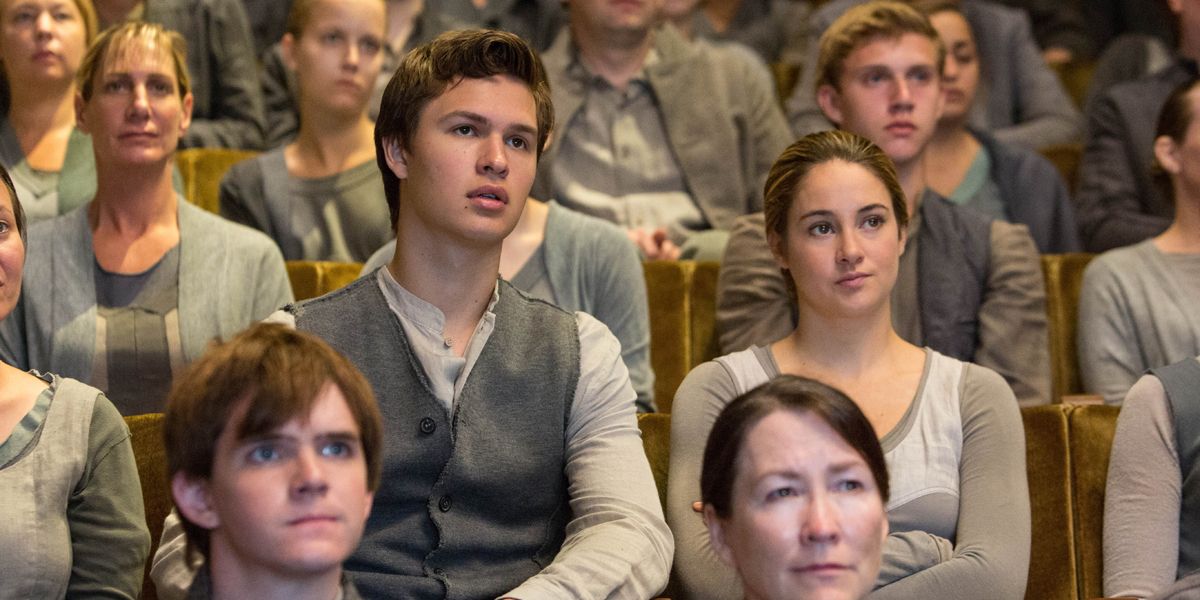
Betrayals are often frequent as someone's selfish tendencies would become more than their loyalty to others. When that happens, they'll side with the antagonist because they were promised something. That betrayal sends the protagonist in shock as they try to understand how someone so close to them had made such a drastic choice.
Tris understands the feeling of betrayal after discovering that her brother, Caleb, has chosen his faction, Erudite, over his family.
2 Best: Morals and Ethics
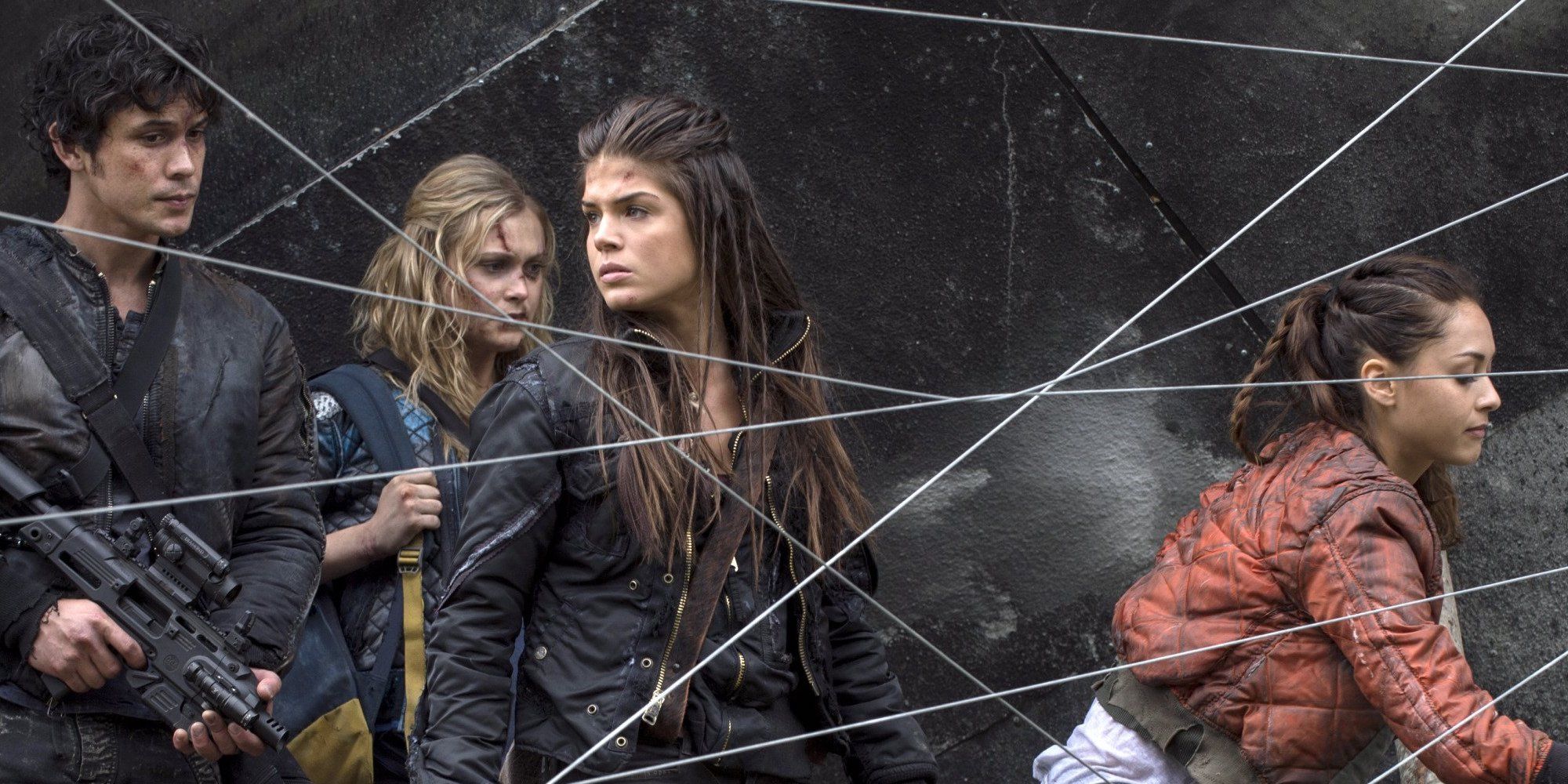
There are times when there is only one choice, and, unfortunately, it is the worst one. Far too often, characters are placed in a situation where they are asked to make a decision that will change everything for everyone. The choice attacks everything they believe to be right and pins it against the scenario they are facing. Do you kill hundreds of innocent people if that will save those you love? Such a trope does well to advance the plot and develop the characters as they are pushed to do something they never expected to do. The 100 asks that of its characters at nearly every turn. Almost every episode has pushed its main characters to their limits and beyond to see how far they were willing to go to survive and save their people.
1 Worst: Every Other Country Disappears
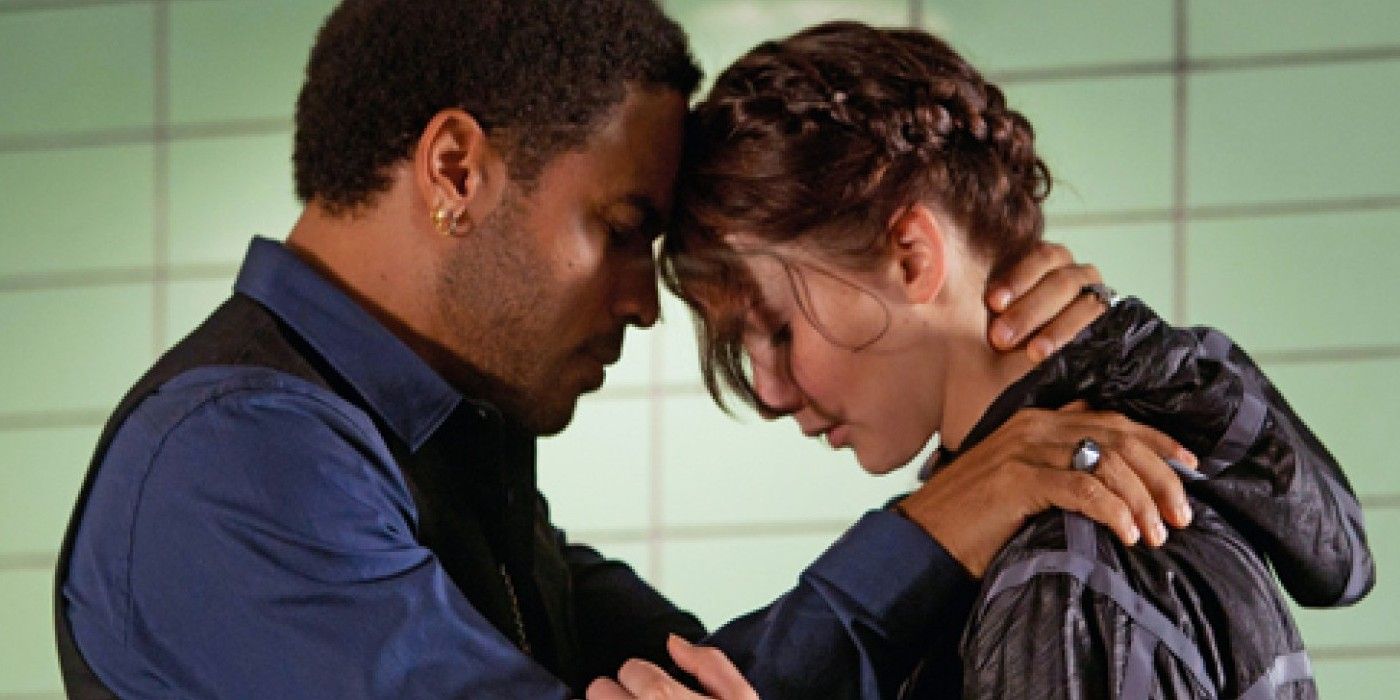
Many dystopian futures take place in the eventual United States of America. The country has made a negative transformation. The majority of its citizens fight for scraps in an environment that is wishing to kill them. It is notable that as awful as the conditions are, no other country appears to help. They were either forgotten or ignored, but their lack of involvement is noticeable, especially in a world like "The Hunger Games." Why has no one invaded Panem to save the thousands of innocent people that are dying due to the Capitol and the games themselves?
from ScreenRant - Feed https://ift.tt/32QtfO2

No comments: